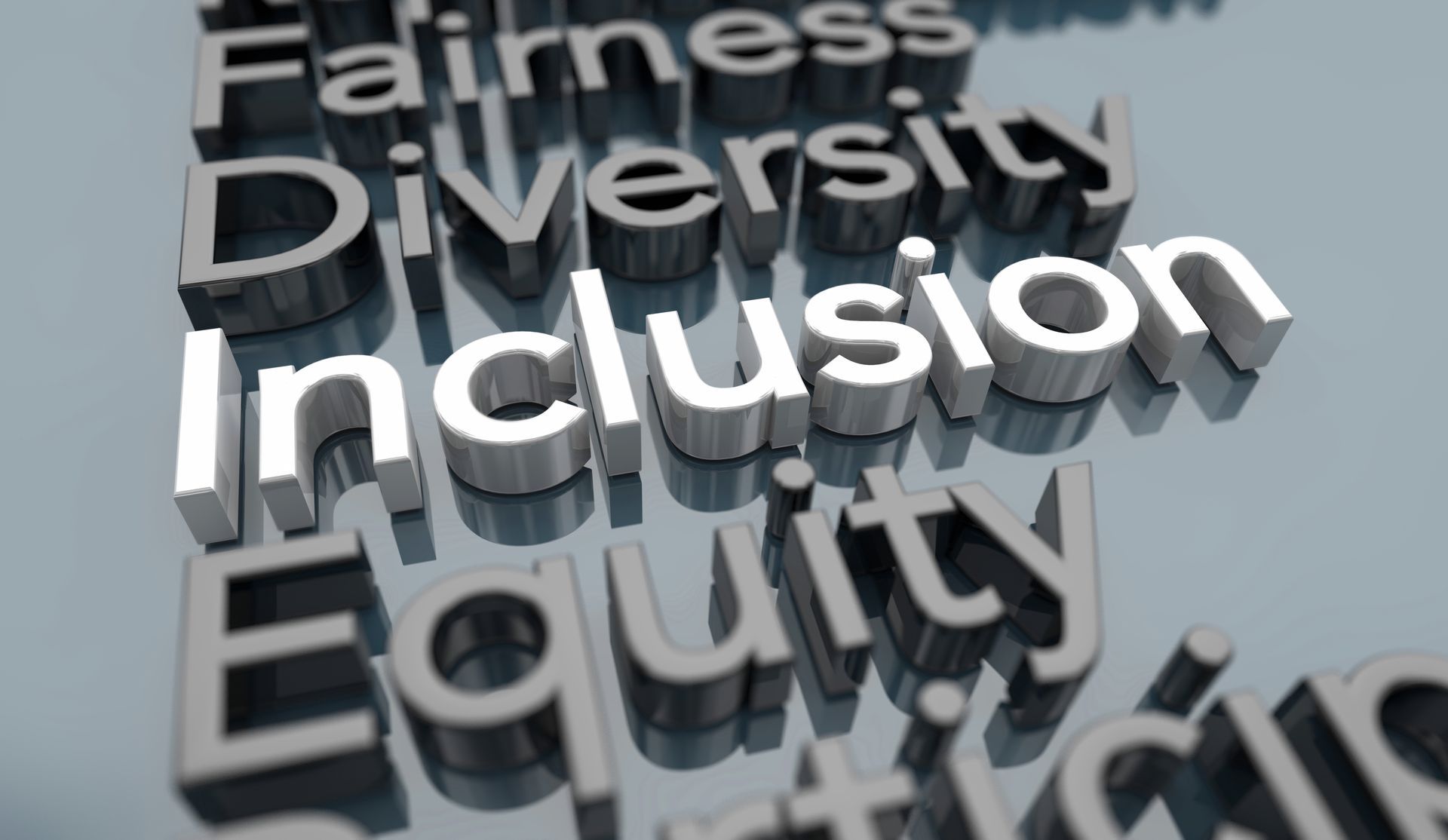
As businesses evolve, so do their workforces.
The arrival of Generation Z—those born between 1997 and 2012—is reshaping workplace dynamics.
To remain competitive and innovative, organizations must understand how to effectively engage this generation and harness their unique strengths.
Why Focus on Gen Z?
Gen Z is the fastest-growing segment of the workforce.
By 2030, they will make up nearly 30% of all employees worldwide. Understanding their values, preferences, and expectations is essential for:
- Attracting top talent: Gen Z prioritizes purpose-driven work and meaningful contributions over traditional perks.
- Boosting retention: Employers must foster an environment where Gen Z feels valued and empowered.
- Driving innovation: Gen Z brings fresh perspectives and digital expertise that can transform organizational practices.
Challenges in Engaging Gen Z
Despite their potential, managing Gen Z presents unique challenges:
- Communication gaps: Gen Z prefers digital communication over face-to-face interactions, which can clash with older generations’ preferences.
- High expectations: They demand transparency, continuous feedback, and career growth opportunities.
- Low tolerance for bureaucracy: Gen Z values efficiency and often rejects rigid corporate hierarchies.
To address these challenges, organizations need practical solutions that cater to Gen Z’s distinct needs while fostering harmony among all generations.
Understanding Gen Z: The Game-Changer in the Workforce
Gen Z brings a fresh perspective to the workplace, characterized by their digital fluency, adaptability, and strong sense of purpose.
They grew up in an era defined by rapid technological advancements, global connectivity, and pressing social challenges.
As a result, they value authenticity, inclusivity, and opportunities to make meaningful contributions.
Key traits of Gen Z include:
- Tech-Savvy: Raised with smartphones and social media, they excel in leveraging digital tools for efficiency and innovation.
- Purpose-Driven: They seek employers whose values align with their own and prioritize social responsibility.
- Feedback-Oriented: Frequent and constructive feedback motivates them and fosters growth.
- Independent Learners: They thrive in environments that offer opportunities for self-directed learning and development.
Challenges of Integrating Gen Z into Multigenerational Workforces
While their strengths are undeniable, integrating Gen Z into the workplace can present unique challenges:
- Communication Styles: Gen Z’s preference for digital communication can sometimes clash with older generations’ reliance on face-to-face interactions.
- High Expectations: They demand transparency, flexibility, and opportunities for growth, which may challenge traditional workplace structures.
- Work-Life Integration: Unlike the clear boundaries preferred by previous generations, Gen Z seeks a seamless blend of professional and personal lives.
Practical Strategies for Engaging Gen Z
Organizations that adapt their practices to meet Gen Z’s needs can unlock their full potential. Here are actionable strategies:
1. Modernize Recruitment and Onboarding
- Use social media and interactive platforms to attract talent.
- Craft job descriptions that emphasize purpose, growth opportunities, and impact.
- Provide personalized onboarding experiences to foster early engagement.
2. Foster Continuous Learning and Growth
- Offer access to online courses, certifications, and skill-building workshops.
- Create clear career progression pathways.
- Encourage mentorship programs to bridge generational knowledge gaps.
3. Promote a Culture of Inclusivity and Purpose
- Highlight your organization’s social and environmental initiatives.
- Celebrate diversity and ensure representation in leadership roles.
- Engage employees in decision-making processes to build trust and loyalty.
4. Enhance Communication and Feedback Mechanisms
- Implement real-time feedback tools and regular check-ins.
- Train managers to provide constructive and empathetic feedback.
- Utilize collaboration platforms to streamline communication.
5. Redesign Performance Management
- Focus on strengths-based assessments rather than rigid metrics.
- Integrate peer-to-peer recognition systems.
- Encourage goal-setting that aligns with both organizational objectives and personal aspirations.
Building Bridges Between Generations
Creating a cohesive multigenerational workforce requires mutual understanding and empathy.
Employers can:
- Facilitate Cross-Generational Collaboration: Pair employees from different generations on projects to encourage knowledge sharing.
- Host Generational Workshops: Organize sessions to discuss generational differences and foster mutual respect.
- Promote Storytelling: Encourage employees to share personal experiences to build connections and reduce biases.
The Business Case for Engaging Gen Z
Investing in strategies to engage Gen Z isn’t just about meeting their needs; it’s about positioning your organization for long-term success. Gen Z’s adaptability and innovation can drive:
- Increased digital transformation.
- Enhanced workplace creativity and collaboration.
- Stronger alignment with future market trends.
Organizations that embrace generational diversity will not only attract top talent but also build resilient and forward-thinking teams.
Ready to take the next step?
Apply for our specialized training program on engaging Gen Z to equip your HR team with actionable tools and insights to succeed in today’s dynamic workforce.










